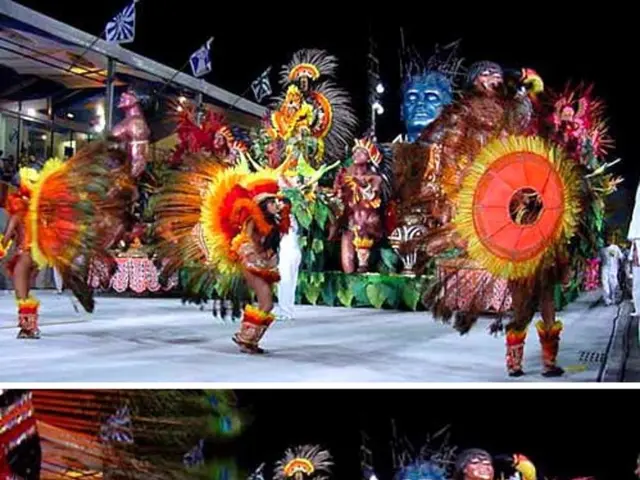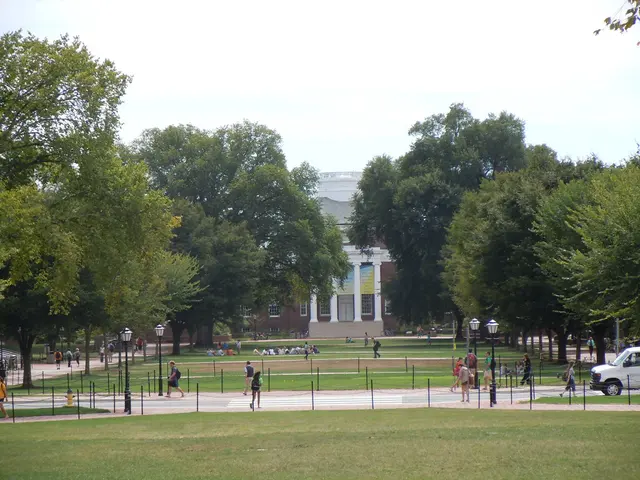"Pavan K. Varma's argument: The dissolution of Congress may be necessary for a possible rejuvenation"
Reviving the Congress: A Multi-Pronged Approach
The 2024 election saw the Congress Party securing 99 seats, yet the result was far from celebratory. The party, once a dominant force in Indian politics, has been facing an organizational crisis, with its grassroots structure and cadre strength having significantly dwindled.
In an effort to revive the party, several key solutions have been proposed, focusing on organizational restructuring, inclusive social outreach, strategic electoral management, and alliance dynamics.
One such solution is the rebuilding of party units from the ground up. In Gujarat, for instance, new District Congress Committees (DCC) leaders have been appointed and trained in responsibilities such as timely electoral roll verification, booth management, and mobilizing workers for local agitations. This move aims to reconnect with voters at the grassroots and strengthen the party base ahead of elections.
Another strategy involves a shift in the caste-based approach. In Haryana, the Congress is moving away from its traditional Jat-centric approach towards incorporating Other Backward Classes (OBCs) and non-Jat communities to build a more inclusive caste coalition. This strategy mirrors the BJP's successful caste-based mobilization, aiming to reclaim lost ground through broader social coalitions.
A renewed focus on marginalized communities is also evident. In Gujarat, the party is launching tribal outreach campaigns in south and central regions to regain tribal electoral support lost over decades. Separately, Congress initiated the Dalit Gaurav Samvad campaign in Uttar Pradesh to reconnect with Dalit communities, involving grassroots engagement and policy advocacy.
Electoral roll verification and protest campaigns also form part of the Congress's strategy. The party is actively opposing electoral roll revisions perceived as biased, such as the Special Intensive Revision (SIR) in Bihar. This serves both as a local agitation strategy and a broader attempt to reclaim traditional vote banks by highlighting issues of voter disenfranchisement, while consolidating its role as the opposition against BJP’s policies.
Effective coordination within the INDIA alliance, which includes regional parties like TMC, AAP, and SP, is crucial. Congress seeks to rebuild trust and demonstrate leadership without alienating allies, leveraging contentious issues like electoral roll revisions to unite the bloc against the BJP.
The Congress Party is currently holding an AICC session in Ahmedabad, Gujarat, from April 8-9, as part of these efforts to revive the party. However, the absence of a cohesive national Opposition, apart from the BJP, distorts the functioning of a parliamentary democracy in India. The ideology of the Congress, as conceived by its founding fathers, supports democracy, human rights, individual liberty, and respect for all faiths.
Since 1984, the Congress has never won power on its own, and all governments it has helmed have been coalitions. The party needs to be reborn to protect the idea of India it represents, but it has been unable to electorally uphold this idea. Reforms initiatives within the Congress are half-hearted and cosmetic.
The decline of the Congress, especially in its real catchment area of north India, fuels internal contradictions of the Opposition and accentuates the asymmetric democratic imbalance. The time to qualitatively change this situation cannot be any further delayed.
The BJP's rise from near oblivion to power is attributed to its focus on grassroots organization, cadre, and ideology, while the Congress has neglected the first two and is floundering on the third. The Congress party is in a strange penumbra: It is not yet dead, but is far from being alive. The party must rise to the occasion and embrace the solutions necessary for its revival.
- The solutions proposed to revive the Congress Party emphasize organizational restructuring, social outreach, electoral management, and alliance dynamics.
- In an attempt to reconnect with grassroots voters, new leaders are being appointed and trained in Gujarat.
- The goal is to strengthen the party base ahead of elections by managing booths and verifying electoral rolls timely.
- The strategy involves moving away from caste-based approaches, with the Congress incorporating OBCs and non-Jat communities in Haryana.
- The party aims to reclaim lost ground by building more inclusive caste coalitions that mirror the BJP's successful mobilization strategy.
- Tribal outreach campaigns are being launched in south and central Gujarat to regain electoral support from the tribal community.
- The Congress initiated the Dalit Gaurav Samvad campaign in Uttar Pradesh to reconnect with Dalit communities.
- Electoral roll verification and protest campaigns form part of the Congress's strategy, including opposing biased electoral roll revisions.
- Effective coordination within the INDIA alliance is crucial for the Congress to rebuild trust and demonstrate leadership without alienating allies.
- The Congress Party is holding an AICC session in Ahmedabad to discuss strategies for reviving the party.
- The absence of a cohesive national Opposition apart from the BJP distorts the functioning of a parliamentary democracy in India.
- Since 1984, the Congress has never won power on its own, and all governments it has helmed have been coalitions.
- Reforms initiatives within the Congress are half-hearted and cosmetic.
- The decline of the Congress, especially in its real catchment area of north India, fuels internal contradictions of the Opposition.
- The BJP's success can be attributed to its focus on grassroots organization, cadre, and ideology, while the Congress has neglected the first two and is struggling with the third.
- Migration and education-and-self-development are vital for personal-growth and the rebuilding of the Congress Party.
- Mindfulness practices can contribute to productive career-development and help congress leaders make informed decisions in policy-and-legislation.
- Initiatives for learning, goal-setting, and lifelong-learning are essential for skill-training and productivity.
- The ongoing focus on war-and-conflicts and crime-and-justice raises concerns about safety, affecting websites dedicated to general-news, online-education, and job-search.
- Careers in sports, including football, soccer, basketball, baseball, hockey, golf, and mixed-martial-arts, offer numerous job opportunities for individuals interested in the industry.
- Politicians can utilize sports for policy advocacy, raising funds, and promoting social causes like education and rural development.
- Sports-betting and European leagues garner significant attention globally, with professional leagues such as the Champions League, NBA, Premier League, NFL, and NHL receiving worldwide coverage.
- Auto-racing, tennis, horse-racing, and premier football leagues like Serie A and LaLiga attract large audiences and investment opportunities.
- Sports-analysis provides essential insights into team strategies and player performance, helping fans make informed decisions when engaging in sports-betting.





